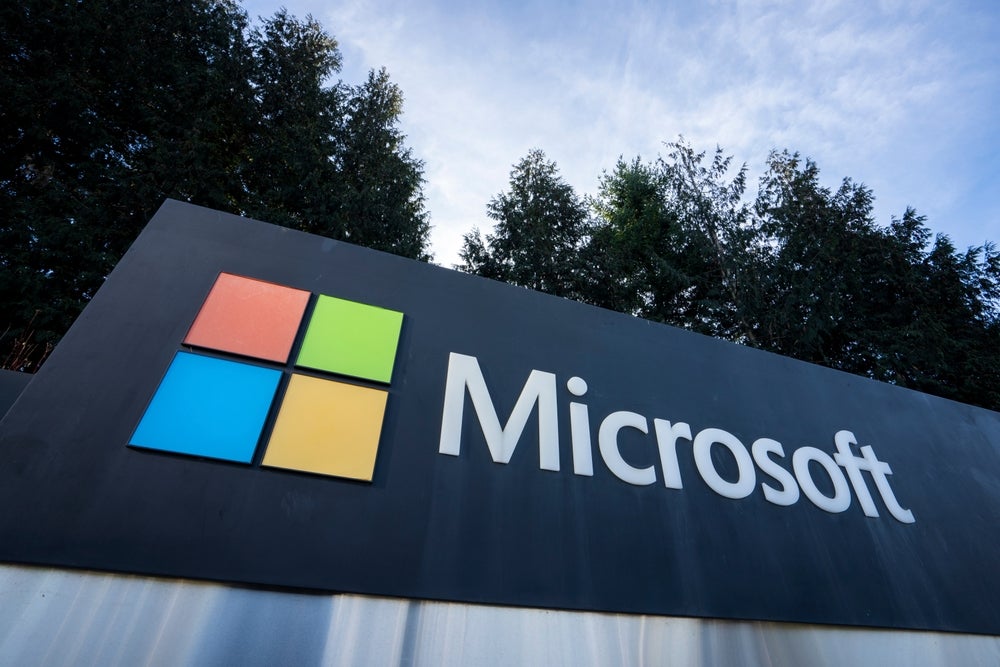GlobalData offers a comprehensive analysis of International Business Machines, providing key insights into its Environmental, Social, and Governance(ESG) factors. By closely monitoring and aggregating mentions of climate change and associated ESG keywords, GlobalData delivers valuable information on International Business Machines‘s ESG performance. GlobalData’s company profile on International Business Machines offers a 360-degree view of the company, SWOT analysis, key financials, and business strategy including insights on ESG implementation among other information. Buy the report here.
International Business Machines (IBM) has set target for net-zero operational GHG emissions by 2030 and has set specific goals to reduce greenhouse gas (GHG) emissions. The company focuses on optimizing data center operations, developing new materials, and exploring alternative energy sources to curb carbon emissions. IBM also helps its clients reduce waste and emissions from their critical assets and infrastructure through intelligent asset management. The company collaborates with partners to co-create strategies and solutions that optimize operations, reduce waste and emissions, and comply with regulatory requirements.
IBM has disclosed its emission data for 2022, with Scope 1 (direct emissions) totaling 79,000 Metric Tons of CO2-equivalent, Scope 2 market-based (indirect emissions) reaching 183,000 Metric Tons of CO2-equivalent, and Scope 3 (indirect emissions) amounting to 169,000 Metric Tons of CO2-equivalent. Notably, the company achieved a substantial 63.3% reduction in greenhouse gas emissions compared to the base year of 2010.
From 1990 to 2022, IBM saved 10 million MWh of energy, which is over three times its current annual energy consumption. This conservation effort resulted in savings of $680 million and prevented the emission of 4.63 million metric tons of CO2. Throughout 2022, the company successfully executed 519 energy conservation projects spanning over 150 global locations. These initiatives resulted in the avoidance of 71,000 MWh of energy consumption and 25,600 metric tons of CO2 emissions, leading to substantial savings amounting to $9.5 million.
IBM aims to procure 75% of its global electricity from renewable sources by 2025 and 90% by 2030. The company plans to reduce operational greenhouse gas (GHG) emissions by 65% by 2025 (compared to the 2010 base year, adjusted for acquisitions and divestitures). Furthermore, IBM is committed to achieving net-zero operational GHG emissions by 2030, using feasible technologies to offset emissions, with a target of 350,000 metric tons (MT) of CO2 equivalent or less by 2030.
As of the end of 2022, 96% of IBM's key suppliers in logistics, airlines, hotels, production, and technology products have set GHG emissions reduction goals aligned with scientific recommendations. IBM The company requires its suppliers in emissions-intensive sectors to set emissions reduction goals addressing their Scope 1 and Scope 2 emissions. The company also conducts an annual Sustainability Leadership Symposium to recognize progress and achievements among suppliers.
IBM is actively involved in product reuse and recycling. In 2022, the company processed approximately 12,400 metric tons of end-of-life products and product waste, with 97.3% being resold, reused, or sent for recycling. IBM aims to ensure that the amount of product waste sent to landfills or incineration does not exceed 3% of the total amount processed. The company designs its products with serviceability and recyclability in mind and collaborates with suppliers to use recycled and recyclable materials.
IBM is committed to preventing environmental contamination and takes swift action to clean up contamination found at its current and former locations. The company has implemented proactive measures for environmental remediation and aims to eliminate nonessential, single-use plastic items from its cafeteria operations globally by 2025. The company has made progress in eliminating or replacing such items and has achieved significant waste diversion results through proper waste management and improved waste collection infrastructure.
IBM is dedicated to energy efficiency and incorporates recycled content and environmentally preferable materials in its product designs. The company has made progress in renewable electricity procurement, increasing its purchases for data centers, manufacturing sites, and office locations. IBM does not rely on nature-based carbon offsets to claim emissions reductions.
In conclusion, IBM is actively pursuing its net-zero emissions targets, implementing a range of measures to curtail greenhouse gas emissions, encourage waste reduction and recycling, and uphold environmental sustainability. Collaborating with suppliers, prioritizing energy efficiency, and striving to eliminate single-use plastics from its operations, the company is dedicated to fostering a better and cleaner environment.
Premium Insights
From

The gold standard of business intelligence.
Blending expert knowledge with cutting-edge technology, GlobalData’s unrivalled proprietary data will enable you to decode what’s happening in your market. You can make better informed decisions and gain a future-proof advantage over your competitors.





